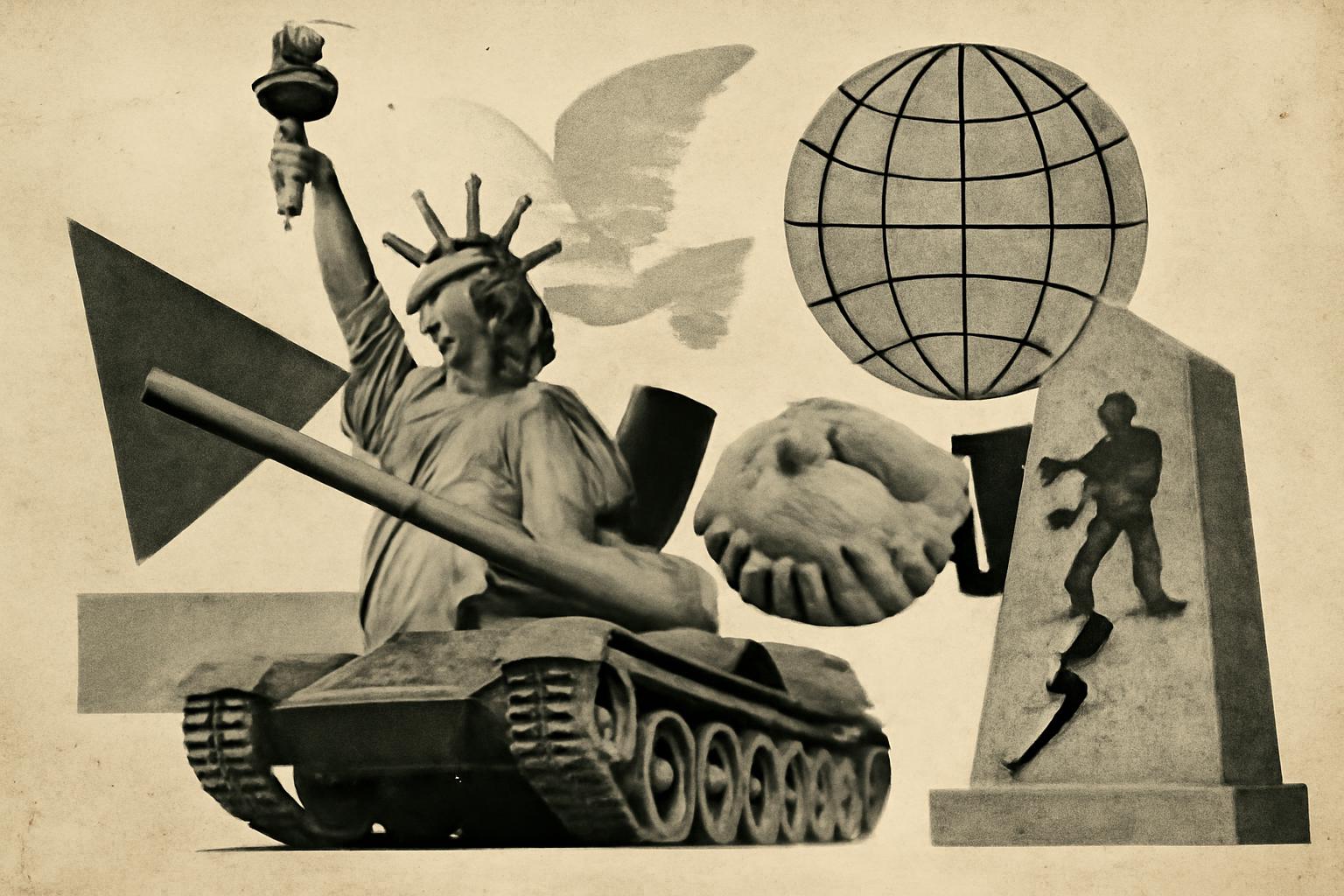The spectacle of prisoner exchanges lays bare the hard truth: the state is the engine of war, coercion, and endless human wreckage, even when one side’s people are temporarily freed. Families waiting in the rain, mothers longing for a son, a reporter released after years in captivity—these are not triumphs of diplomacy, they are admissions that the monopoly on force sanctions a system that treats human beings as currencies in a grim ledger. If there is any mercy here, it comes not from the state’s benevolence but from the stubborn, private will of individuals and voluntary networks trying to reunite families amid the wreckage.
Hayek would remind us that this is the consequence of central planning writ large. War and diplomacy are not the products of localized knowledge properly harnessed by a dispersed civil order; they are the products of top-down coercion, a bureaucratic attempt to manage complex social processes that no central authority can comprehend. The vast unknowns—who is alive, who is detained, who will be free tomorrow—cannot be predicted or ethically justified by a planner’s arithmetic. The more the state imagines it can micromanage outcomes, the more it produces misallocations, miscalculations, and misery. The lesson is: shrink the scope of centralized power, return decisions to the spontaneous order of voluntary association, and rely on a rule of law that protects rights rather than jedna-voiced dictates that treat people as instruments.
Nozick sharpens this with a rights-based frame: individuals possess inviolable rights, including life, liberty, and property, and the initiation of force against them is illegitimate except in defense of rights. A conscript army, a detention apparatus, or a coercive border regime—these are rights violations that no state’s “necessity” can morally justify. Even the rescue of hostages does not sanctify a system that legitimizes kidnapping, surveillance, and forced service in the name of collective security. A minimal state that protects rights is permissible, but it is not a license to wage aggressive war, to suspend due process, or to treat people as pawns in a geopolitical game. In a Nozickian view, the best remedy for such suffering is to withdraw the state’s monopoly on violence and to re-anchor life in voluntary associations, private justice, and nonaggression.
Rand would push the critique further, insisting that the ethical benchmark is rational self-interest anchored in a moral code that respects individual rights. The “we must do this for the sake of the many” rhetoric collapses when you scrutinize the method: coercion, conscription, detention, and the bureaucratic machinery that runs them can never sanctify ends that violate individual rights. The state’s humanitarian pretenses are hollow if they require surrendering the independent lives of thousands to cease-fire negotiations and endless custody. If anything should guide policy, it is not sacrificing the few to the supposed needs of the many, but elevating the rights and dignity of each person. Private charity, voluntary diplomacy, and market-tested cooperation—not coercive power—are the only legitimate instruments to meet human need while preserving liberty.
If one is serious about reducing such human wreckage, three libertarian directions emerge: - End compulsory service and forced conscription; insist that defense and security be built on voluntary cooperation, local accountability, and competitive private arrangements where consent and rights are non-negotiable. - Abolish or severely restrain the state’s monopoly over border control and detention; permit private volunteers, voluntary humanitarian networks, and market-driven information services to aid families, locate missing people, and coordinate relief, not compel obedience. - Rebuild international interaction on nonaggression, free trade, and voluntary diplomacy; let private actors—charities, cooperatives, and civil-society networks—bear the burdens and bear the costs, while the state rewrites its purpose to protecting rights, not extending its reach.
Practically, the only sustainable memorial to those who suffer is not greater state power or more ceremonial “exchanges,” but a political movement toward liberty where no government’s coercion stands between a person and their life. When the state’s wars recede, and when human rights are safeguarded by voluntary, accountable institutions, the pain of families becomes a ground for moral renewal rather than a justification for bigger militaries. That is the libertarian creed: honor the individual, shrink the state, and trust private virtue and voluntary cooperation to mend what force cannot.
